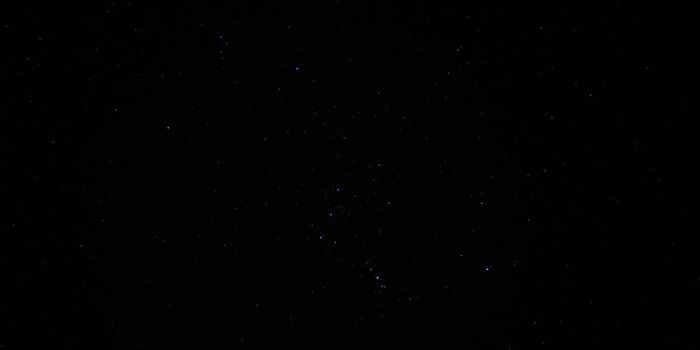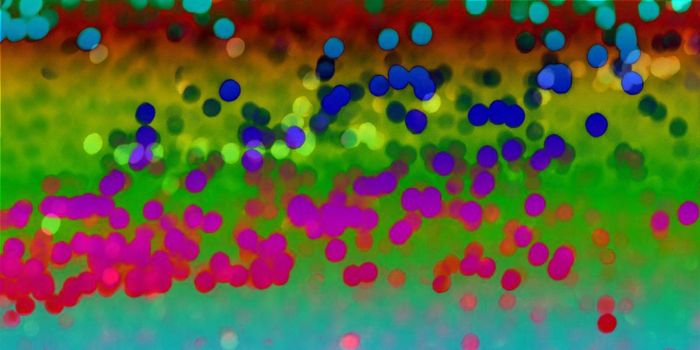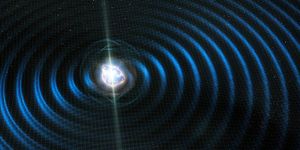Chemistry & Physics
Study on Gravitational Waves Limits the Odds That Large Extra Dimensions Exist
Nouran is a scientist, educator, and life-long learner with a passion for making science more communicable. When not busy in the lab isolating blood macrophages, she enjoys writing on various STEM topics.








